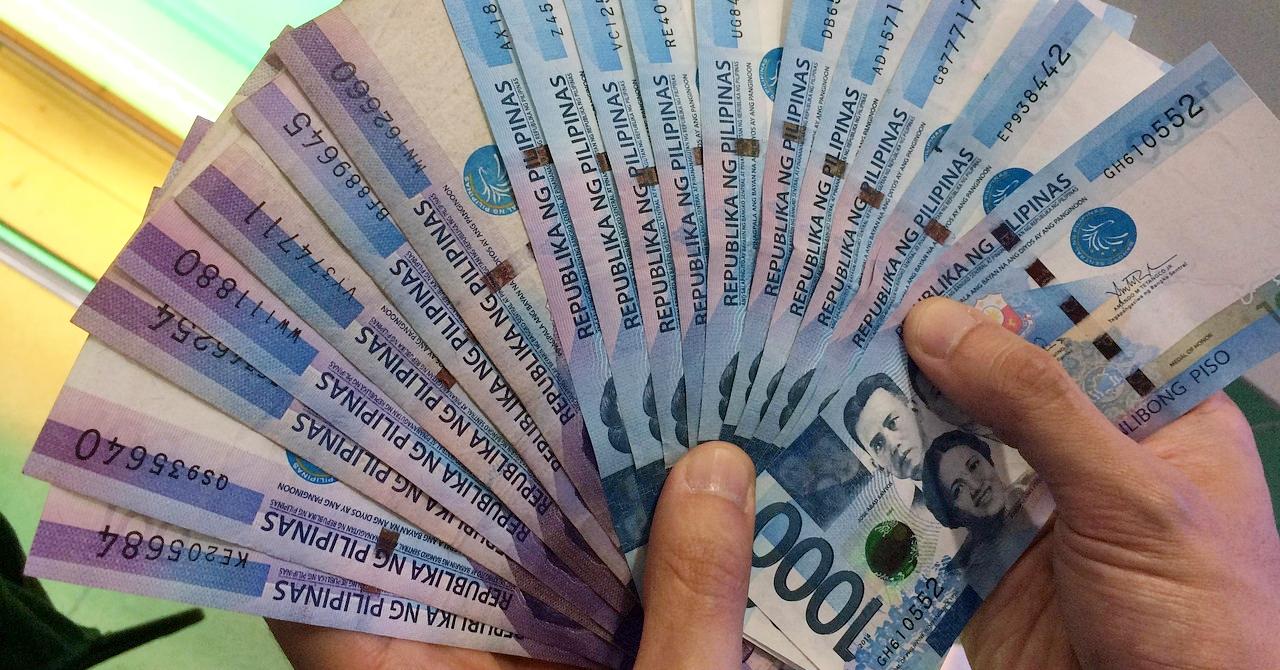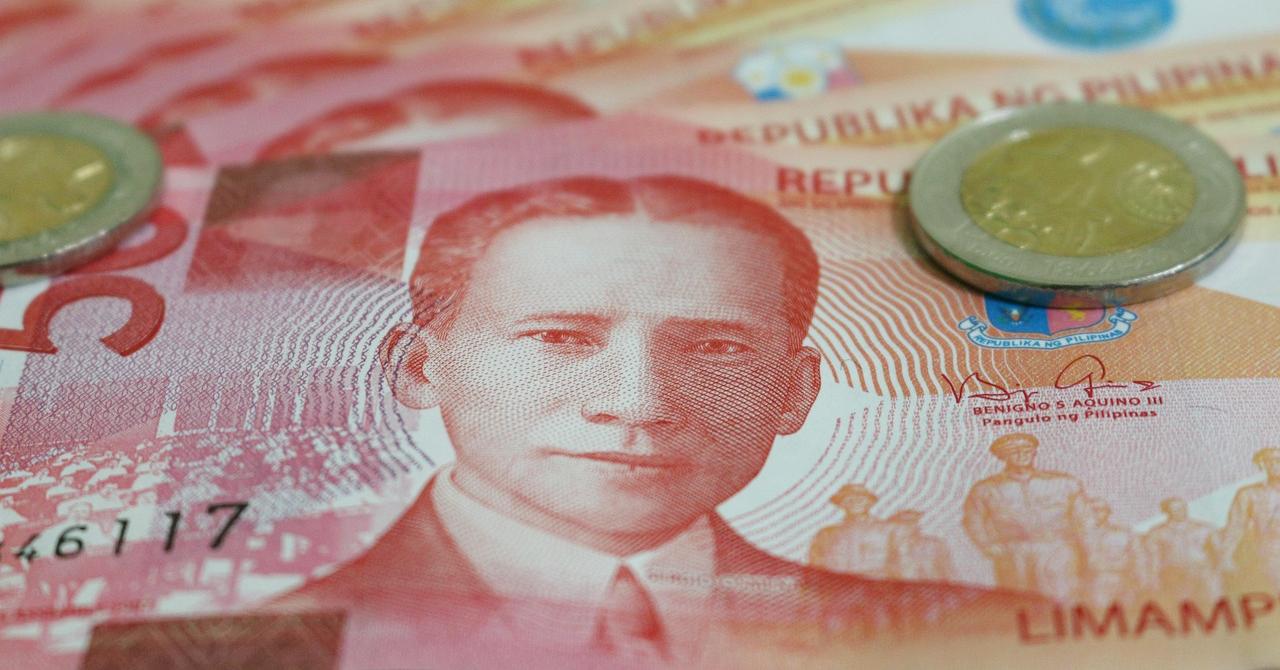The Philippine government, through the Department of Social Welfare and Development (DSWD) and other agencies, provides various types of financial assistance to Filipinos in need. Their beneficiaries also include overseas Filipino workers (OFWs), especially those who are in distress or experiencing crises.
Sudden job loss, medical emergencies, natural disasters, war and conflict — these are some of the things that OFWs face abroad. To address their needs and concerns, the Department of Migrant Workers (DMW), along with the Overseas Workers Welfare Administration (OWWA) and other agencies, has established different types of financial assistance programs and interventions.

Financial Assistance Programs for OFWs and Their Families
This article provides an overview of the various financial assistance programs that cater to OFWs and their families.
Immediate Assistance While Abroad
In many countries around the world, the DMW, through its Migrant Workers Office (MWO), or the Manila Economic and Cultural Office (MECO) in the case of Taiwan, provides immediate assistance to OFWs in distress. Along with OWWA, the office provides temporary shelter, food, medical assistance, legal assistance, emergency cash, and other types of assistance — depending on each case.
In some cases, DMW provides ticketing assistance and coordinates the repatriation of OFWs. It also extends coordination and mediation in cases where legal action and detention are involved.
OWWA’s Welfare Assistance Program
OWWA’s Welfare Assistance Program or WAP is offered to distressed or terminated OFWs, and those who need medical, burial, or calamity-related assistance. Ranging from PHP 5,000 to PHP 20,000, this one-time financial aid may also include travel/airport assistance, short-term accommodation, and medical referrals.
DOLE’s AKAP for OFWs
Abot Kamay ang Pagtulong (AKAP) is a program of the Department of Labor and Employment (DOLE). It is offered to OFWs who have been displaced due to pandemics, economic downturns, or other crises in the host country. Beneficiaries are given a one-time cash grant amounting to PHP 10,000 or USD 200.
Tulong Panghanapbuhay sa Ating Disadvantaged/Displaced Workers (TUPAD)
Also offered by DOLE, the Tulong Panghanapbuhay sa Ating Disadvantaged/Displaced Workers (TUPAD) is a program that offers temporary employment to repatriated OFWs. It typically lasts for 10 to 30 days, with salaries usually based on minimum wage rates.
Emergency Cash Assistance During Crises
In times of conflict, war, or other crises, OFWs can seek assistance from the “Assistance to Nationals” (ATN) section in their host countries, and also from the DSWD’s Assistance to Individuals in Crisis Situations (AICS) program.
Offering cash assistance ranging from PHP 2,000 to PHP 10,000 per individual, the AICS program provides immediate cash for food, transportation, medical, burial, and other urgent expenses.
SSS Unemployment Benefit
For OFWs who have been involuntarily separated from work, the Social Security System (SSS) provides unemployment benefit. The amount of cash benefit is calculated based on their average monthly salary credit, and provided for a limited number of months.
To avail of this benefit, OFWs must be active members of the SSS, having met a minimum number of contributions set by the agency. They should also provide proof that they have been terminated from work without “just cause” (e.g. termination letter or affidavit).
Scholarship Programs
Aside from cash assistance, scholarship programs are also available to dependents of active or distressed OFWs. First, there’s the OFW Dependent Scholarship Program (ODSP), and the Education for Development Scholarship Program (EDSP), which includes cash assistance up to PHP 60,000 per semester.
Morerover, for returning OFWs and their dependents, the Technical Education and Skills Development Authority (TESDA) offers free “upskilling” on various courses, such as caregiving, welding, and Information and Communication Technology (ICT).
Reintegration Programs
For distressed or terminated OFWs, OWWA offers the Balik Pinas, Balik Hanapbuhay (BPBH) program. This initiative provides livelihood development assistance worth up to PHP 20,000 for OFWs who are planning to start their own small businesses. It also comes with free skills training under TESDA, along with other benefits.
Meanwhile, for OFWs who prefer employment, the program offers job referrals and placement through DMW job boards and the Public Employment Service Office (PESO) in local government units (LGUs).
Enterprise Development Loan Program (EDLP) / OFW Reintegration Loan
The Enterprise Development Loan Program (EDLP) / OFW Reintegration Loan is not exactly cash assistance, but a type of business loan for returning OFWs who intend to start their own businesses. Offered by OWWA in partnership with LandBank, the loan involves business planning and training as prerequisites.
Qualifications
The qualifications may vary depending on the type of program. Nonetheless, here are some general criteria that OFWs usually need to meet to qualify for cash assistance:
- Active membership with OWWA (for OWWA programs);
- Household income does not exceed the poverty threshold (for DSWD programs);
- Proof of distress or displacement (e.g. termination letter without “just cause,” war or conflict in host country, pandemic, etc.); and
- No prior availment (i.e. some programs are limited to one-time provision only).
Requirements
As for the required documents, these usually include the following:
- Valid passport or travel document;
- OWWA membership certificate or receipt;
- Employment contract or Overseas Employment Certificate (OEC);
- Proof of distress (e.g. termination letter, medical certificate, repatriation report, etc.);
- Birth certificate or marriage certificate (for dependents); and
- Proof of identification (e.g. company ID, government-issued IDs, etc.).
Procedure
The procedure may vary per program and also depend on the specific situation of OFWs. That being said, the first step is usually to contact the nearest MWO/OWWA office in the host country. For those who have already returned or have been repatriated to the Philippines, they can apply directly with the agency’s offices (i.e. DSWD, DOLE, SSS, TESDA, etc.).
Tips and Reminders
Since every situation is different, you should be able to decide which type of assistance you need. For example, if you have been terminated without just cause, you may qualify for OWWA’s WAP, DSWD’s AICS, or SSS’ Unemployment Benefit.
Meanwhile, if you are a returning OFW and you would like to start your own business, consider looking into the BPBH program, signing up for a TESDA course, or getting an enterprise development loan.
Moreover, as much as possible, keep your membership active with OWWA, SSS, and other government agencies, as this is usually required when you apply for their programs.

The above financial assistance programs have been established to help OFWs and their families “get back on their feet.” Whether they plan to work again, or start their own business, these programs provides OFWs and their dependents with much needed support.
Speaking of support, OWWA offers different types of benefits to its members. Check out this guide to learn about claiming OWWA benefits for medical, death, or calamity assistance.
